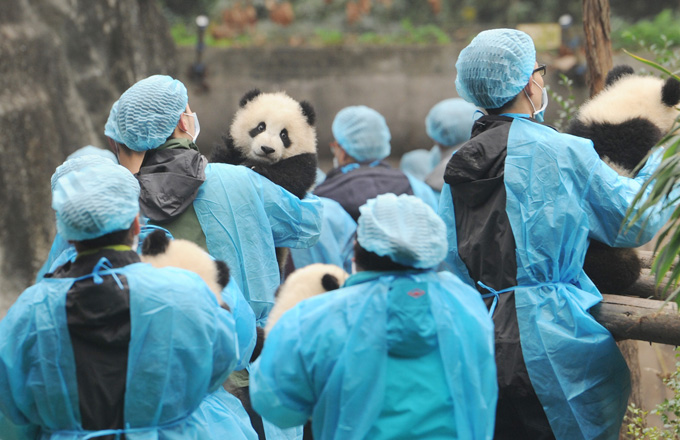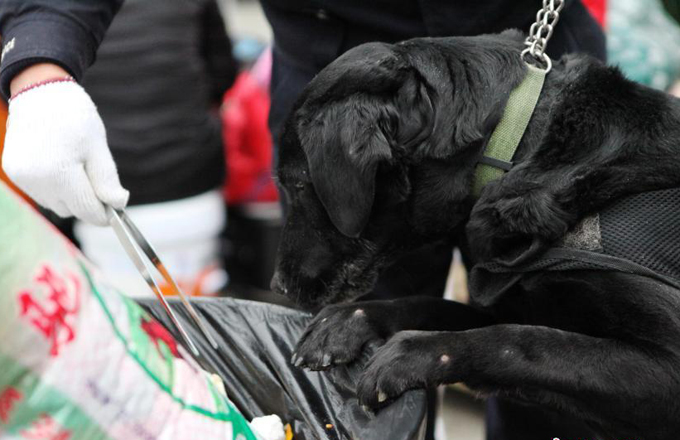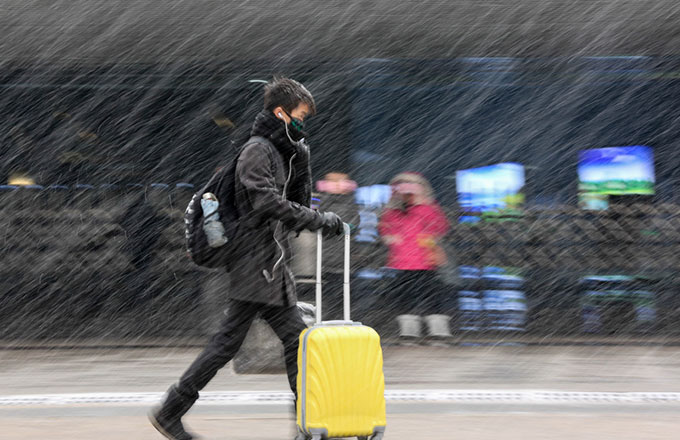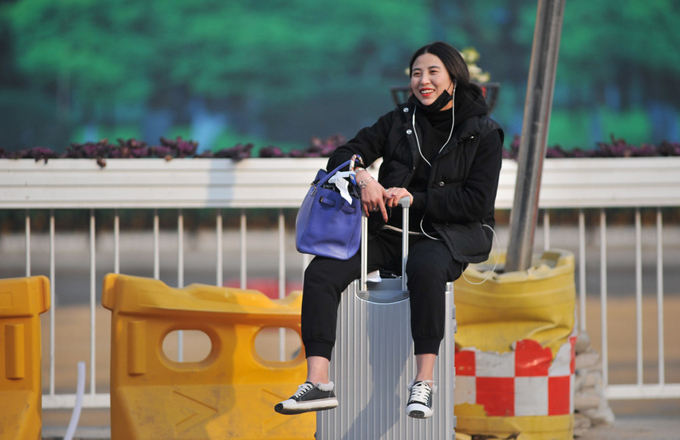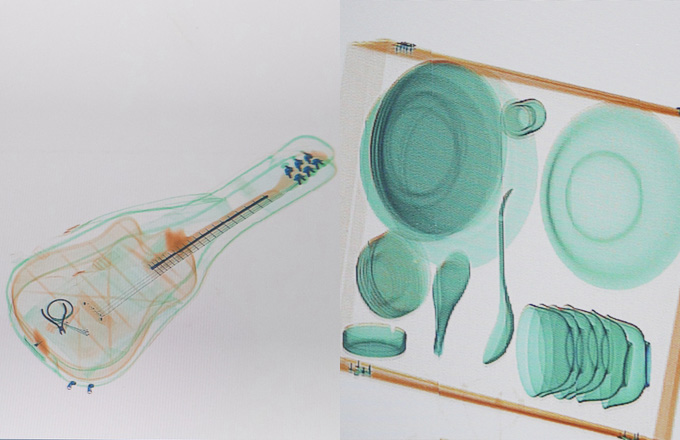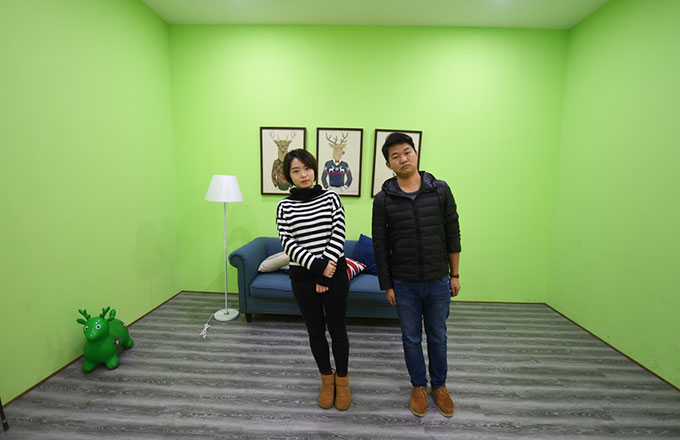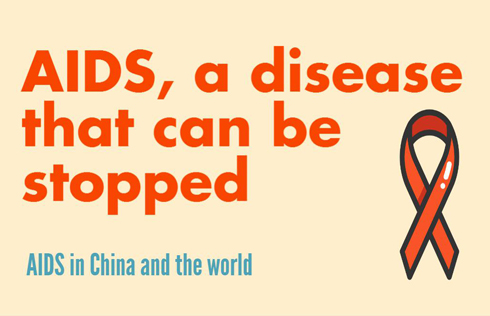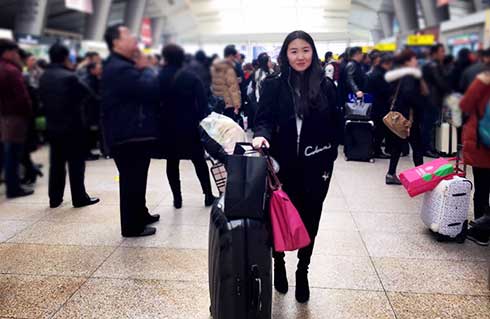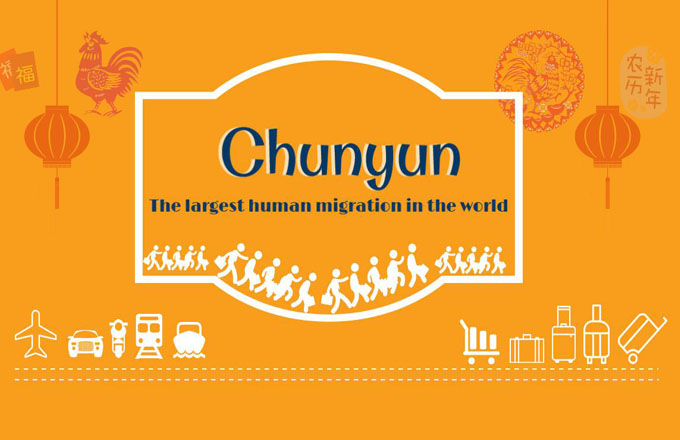Woman does not know her new kidney came from dead brother
College student Yan Shuqing, 23, was excited on Wednesday to learn she will be released from intensive care in two days, having recuperated well from a kidney transplant this month.
"I am feeling good now and want to go back to school as soon as possible and see my friends," said Yan at Qianfoshan Hospital in Ji'nan, Shandong province.
But outside the ward, her parents said they had mixed feelings about their daughter's successful operation.
"I don't know how she'll react when she learns that she received the kidney of her brother, who died," said Yan's mother Wang Wanqin, a housewife from Liaocheng, Shandong province.
The brother, Yan Sen, a 15-year-old middle school student, collapsed and was rushed to a hospital on March 14.
He had suffered a brain hemorrhage and died that day.
After being informed about organ donation by the hospital coordinator, the heartbroken parents signed an agreement passing the "gift of life" to three people, including their daughter.
Yan, who was told her brother had appendicitis, underwent transplant surgery on March 15.
She had been waiting more than two years for a kidney after being diagnosed with uremia in 2011.
"It was a hard decision, and when I see my daughter saved, I can't help missing my son," Wang told China Daily.
Two other people were saved by the donation of her son's kidney and liver.
His corneas helped two patients regain sight.
Yan Sen was the 700th donor on the mainland under China's deceased voluntary organ donor system.
"This was the first case on the mainland of a deceased person's organ donation involving a sister and brother," said Liu Weixin, deputy director of the National Organ Donation Management Center of the Red Cross Society of China.
The recipients of harvested organs are selected in part by geographic considerations, and family members of the donor waiting for a match are favored, said Gao Xinpu, a division director of the center.
To encourage donors, "a series of policies concerning the donors' cremation and funeral services, education of surviving children especially in financial hardship, and partial exemption of medical bills will be introduced", Liu said.
But he stressed the benefits are humanitarian aid for needy survivors of donors and not financial incentives.




